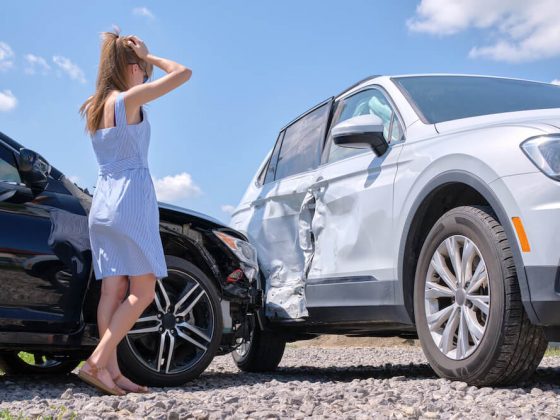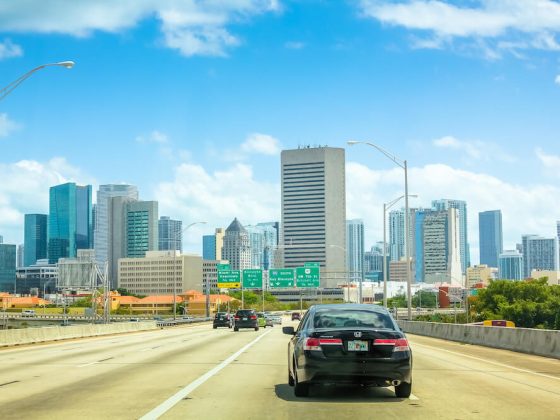Unless you are an informed motorist or an insurance agent, there are different types of auto insurance coverages that you may not know about and that’s fine.
Use eTags© to Quickly Complete Your DMV Service. Renewals, Title Transfers and More, All Online!
In fact, you could not be having enough coverage to justify the cost of your policy, or even ignore that you could save money without limiting your coverage.
Either way, it doesn’t matter how cautious or unfamiliar you are with your insurance policy. Here are 5 Kinds Of Auto Insurance Coverages (And How To Handle Them).
#1 Liability Insurance

Liability Insurance is a type of coverage that protects a person or a business from the risk that they may be in court and held legally liable for malpractice, injury, damages, or negligence.
This added coverage will cover the cost of repairing any property damaged by an accident and any other medical bills for any possible injuries.
Know that the minimum legal amount of liability coverage that every driver must have varies from state to state. At the same time, liability insurance does not cover intentional damage and contractual liabilities.
Always try to have a liability coverage that is over the minimum amount in your state. In case you are guilty for causing a car accident, you don’t want to be paying huge amounts of money for exceeding the limit of your liability coverage.
SEE ALSO: 6 Reasons Auto Insurance Companies Deny Coverage
#2 Collision Coverage

Collision Coverage is the type of protection that helps drivers pay to repair or replace their vehicle in an accident with another vehicle or object.
Simply, if your car is totaled in an accident, this coverage will pay the value of your car.
People driving older vehicles may find little value on adding collision coverage to their policy. However, if your vehicle is new or relatively, this coverage can bring your car to life.
Know that vehicles with lienholders must have a collision coverage by law.
SEE ALSO: 11 Interesting Auto Insurance Facts Everyone Must Know
#3 Comprehensive Coverage

Comprehensive Coverage is a policy that covers certain damages to your vehicle that are not caused by a collision with another car.
This type of coverage takes care of any weather damage, animal-related accidents, earthquakes, or stolen vehicles. It is an optional add-on but it’s good to have if it fits in your budget.
The ideal scenario is to be always covered with liability, collision, and comprehensive coverage. Yet, there’s little value to add comprehensive coverage to your policy if you own a vehicle that is easily replaceable.
If you have a lienholder on your vehicle, this coverage is compulsory.
SEE ALSO: How To File Auto Insurance Claims After A Car Accident
#4 Personal Injury Protection

Personal Insurance Protection (PIP) is an extension of you car insurance that covers medical expenses and other documented losses.
Once you experience a car accident, it could be frustrating to cope with the long process of determining blame, payments, and legal claims.
However, adding this coverage to your policy alleviates the frustrations and covers your medical and lost wages promptly. All you need to do is contact your auto insurance provider.
Depending on the state in which you live, PIP may be an optional add-on, or a compulsory coverage by law.
SEE ALSO: Easy Auto Insurance Tips For Bad Driving Records
#5 Uninsured /Underinsured Motorist Protection

The reason people add this coverage to their policy relates the assumption that not everyone is insured.
In Florida, for example. nearly 27% of the motorists are illegally driving without a valid auto insurance coverage.
It could also happen that the liability coverage of a driver may not be enough to cover all the expenses of a car accident. In both cases, you could be not getting the right payment to recover from the damages
That’s why it is always good to consider adding this coverage to your policy. It is not really expensive to have it, and you could get more than what you paid for.
For more information about auto insurance rates, keep in touch with our DMV advocates.








